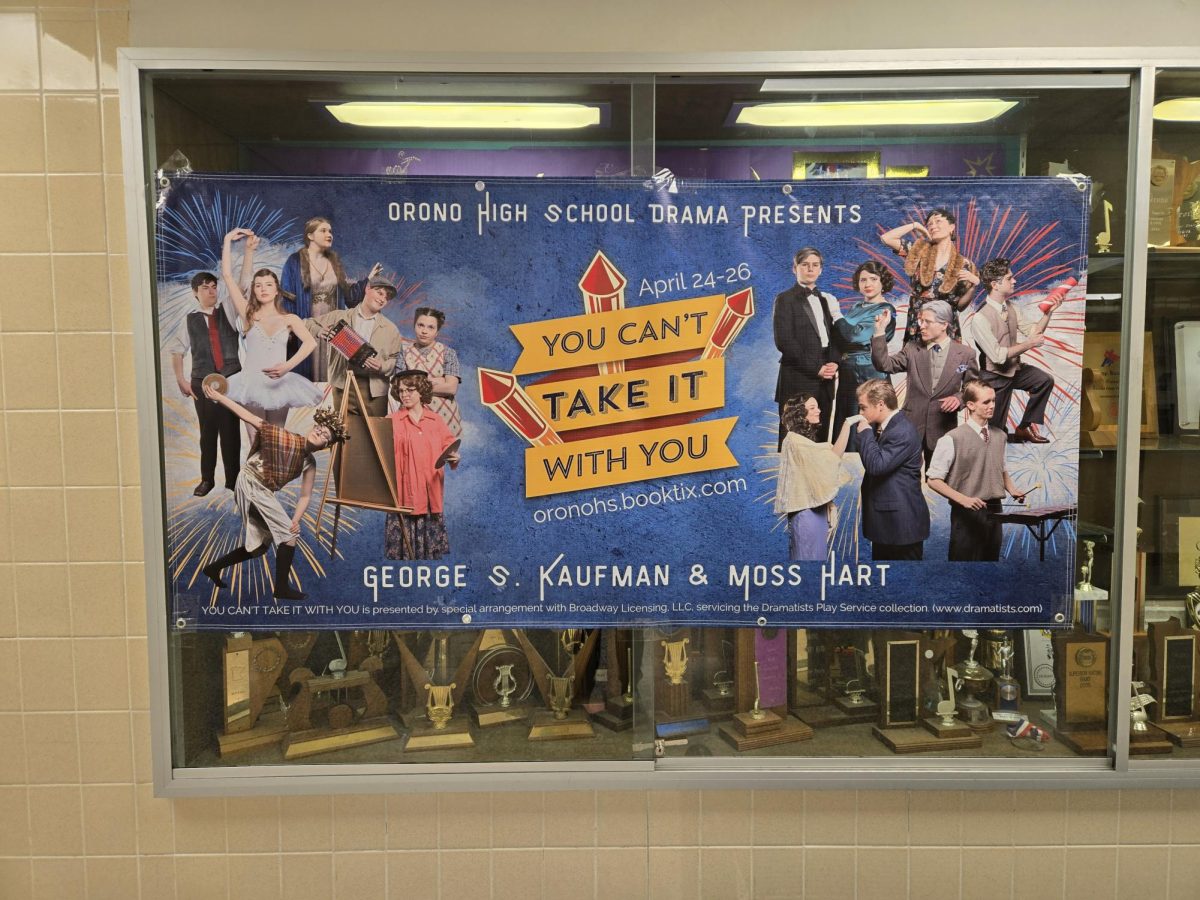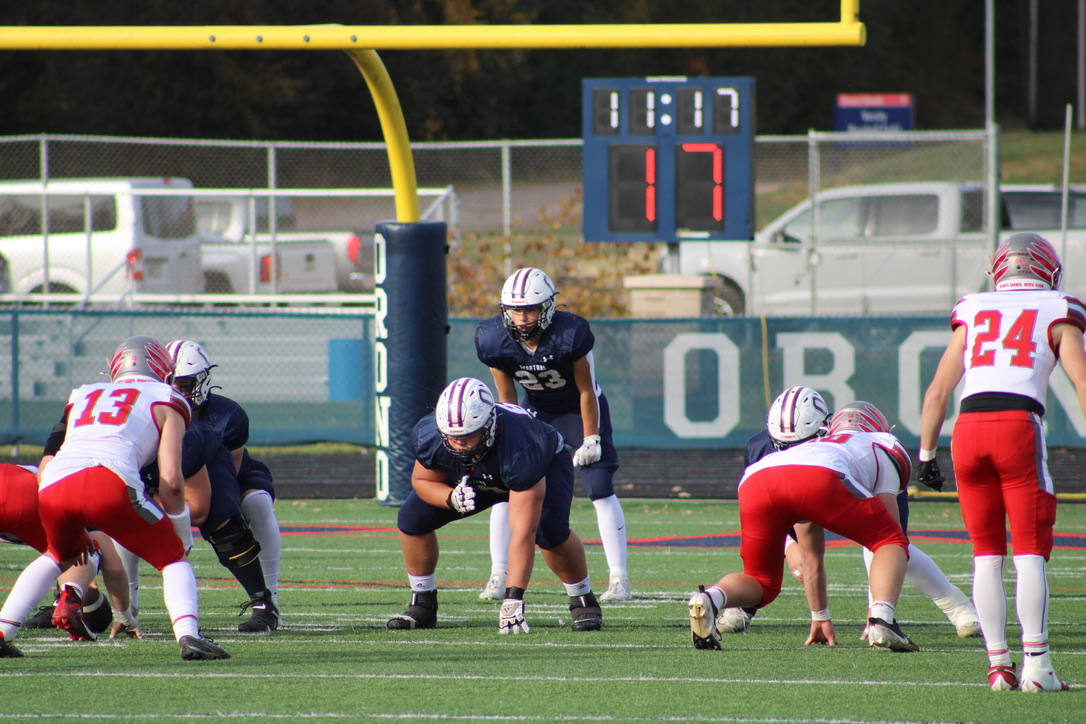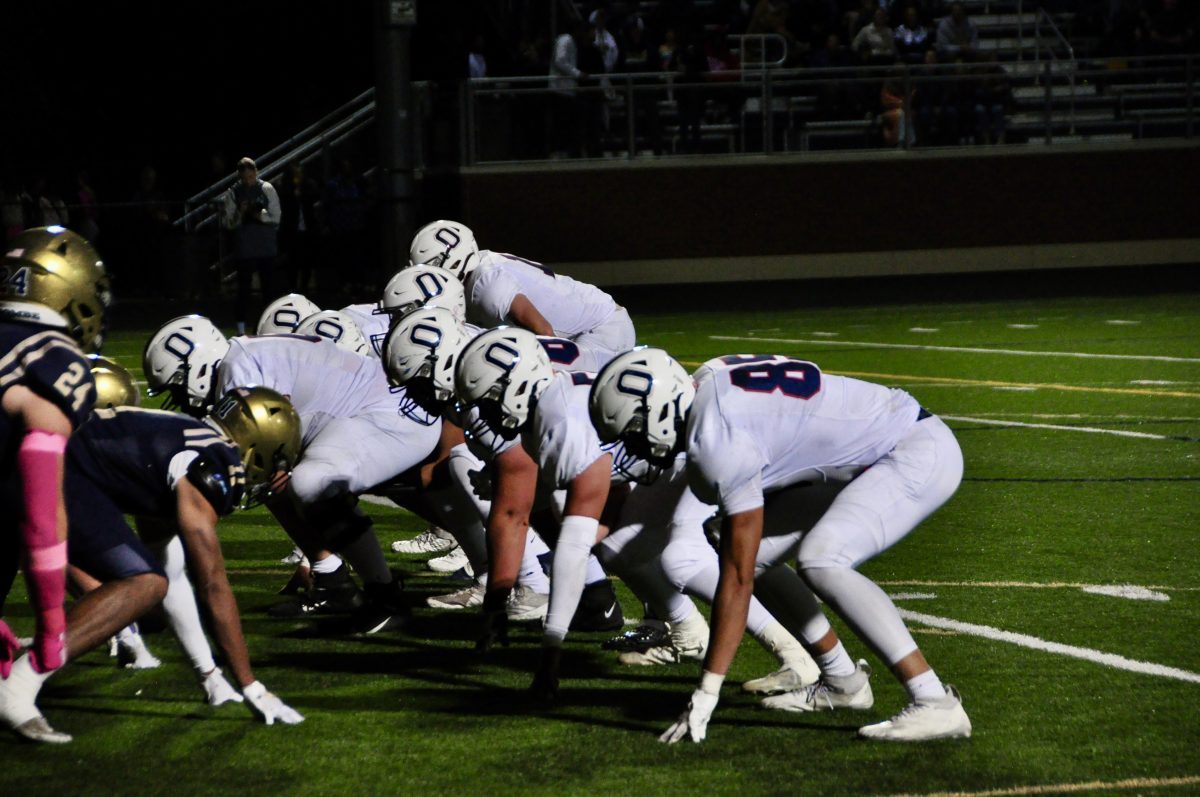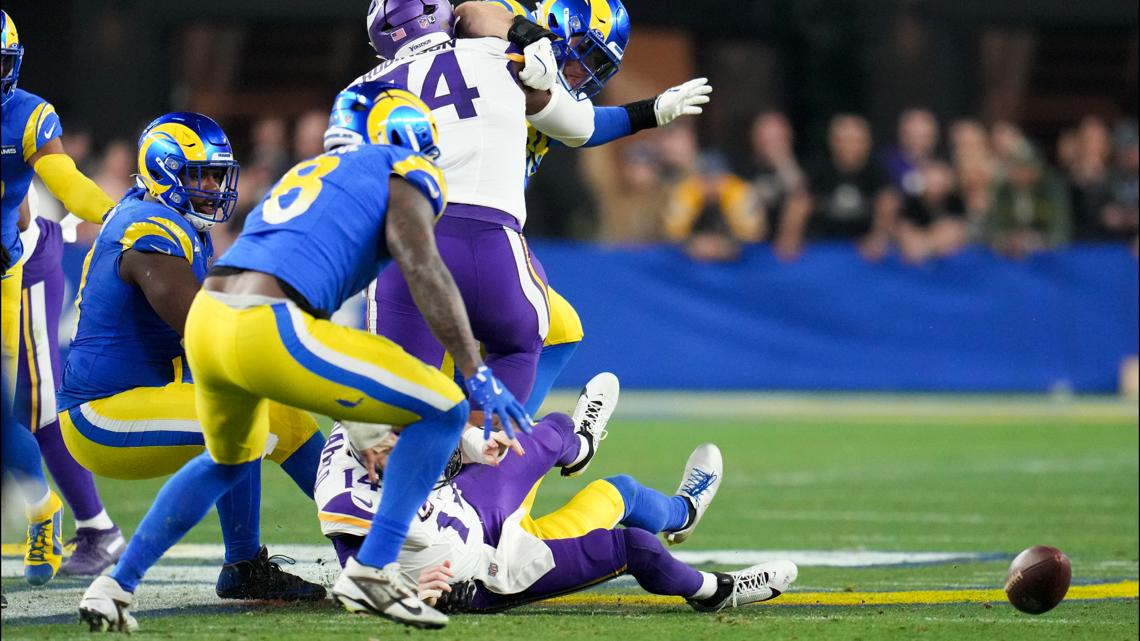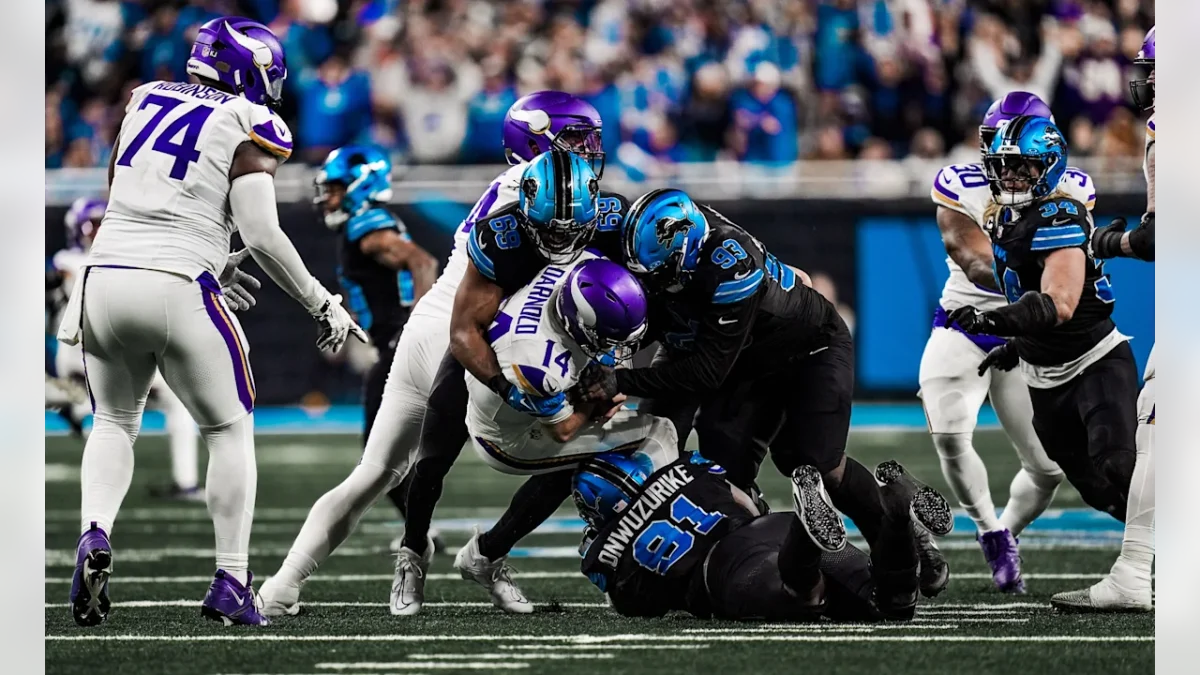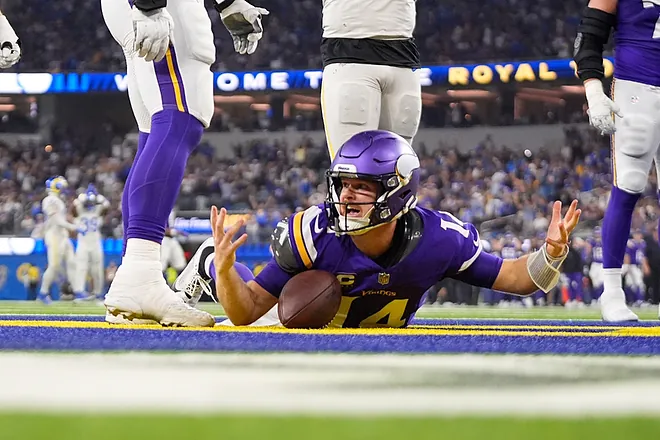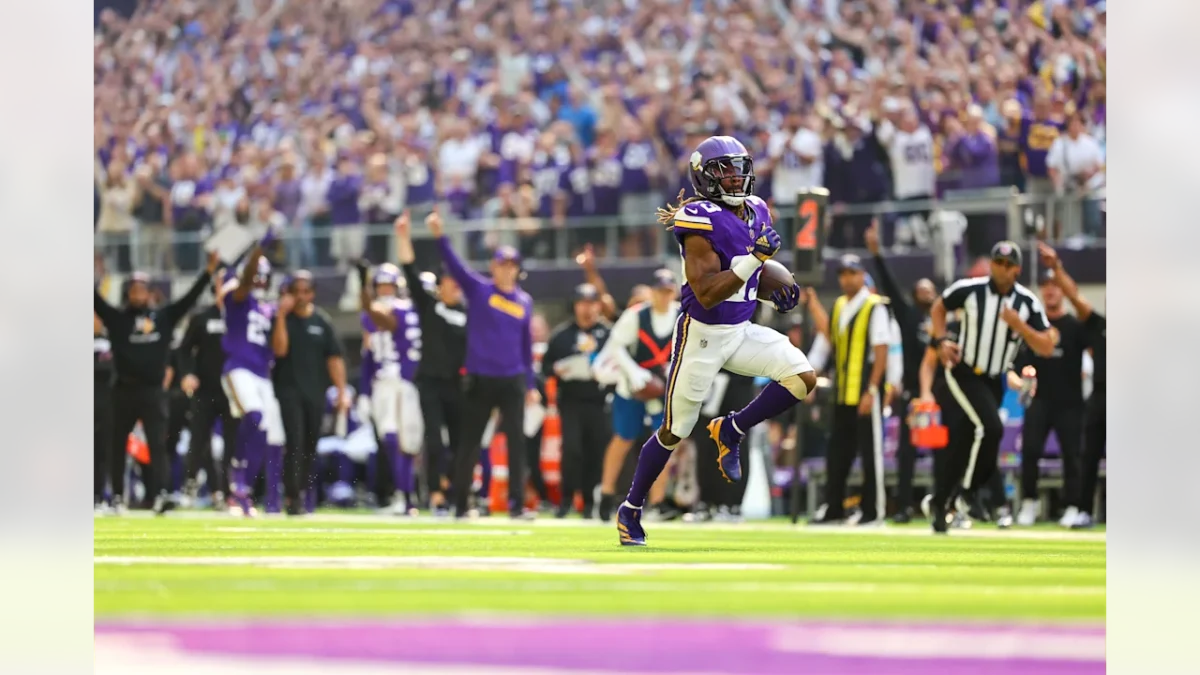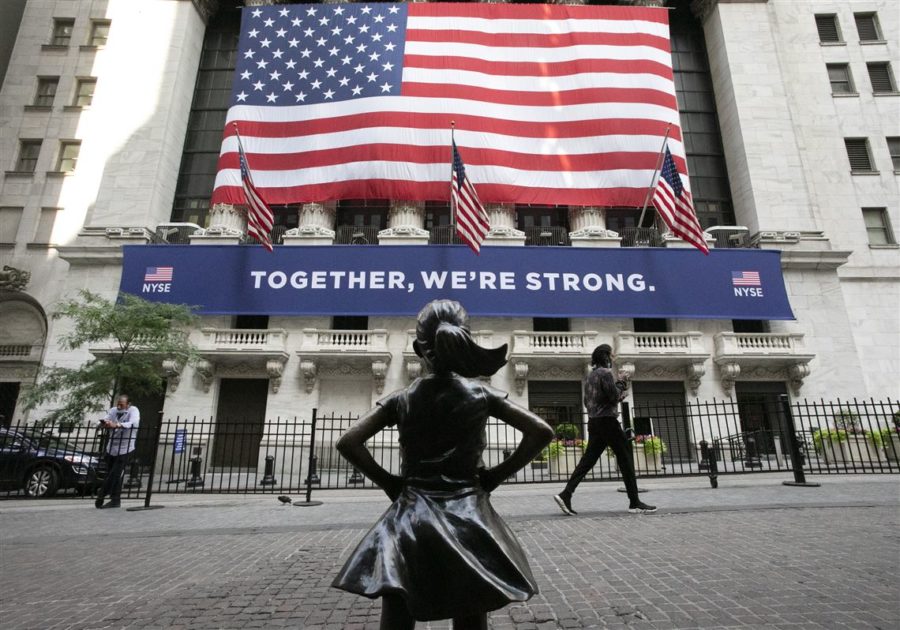Les Misérables, the hit musical about the French Revolution, debuted in theaters in the U.S. on Christmas day.
This film is extremely different from any recently made. It is not only a musical where there are poignant moments that are emphasized by song, but the Les Misérables stage version was written to be sung all the way through, much like the musical Evita (1996, starring Madonna and Antonio Banderas). A 1998 film adaptation starring Liam Neeson was made of the book story, but without the music. There has been no other film like this in history.
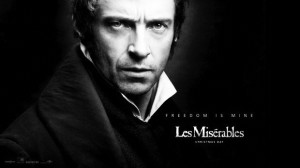
Starring Hugh Jackman, Les Miserables came to movie theaters Christmas Day.
The story of Les Misérables follows a convict, Jean Valjean, through his life after his unjust sentence of 19 years in prison for stealing a loaf of bread. A kindly act by a priest convinces him to change his hardened view of the world and reform into a better man. This task is made difficult, however, by the officer of the law Javert, who demands justice since Valjean broke parole in his attempt to start over.
As the years go by, Valjean cares for Cosette, the daughter of one of his factory workers, Fantine, who has died. Valjean and Cosette live in seclusion, hiding from relentless Javert. However, they all end up facing the rebellion of the paupers against Napoleon III in a battle that challenges their morals and loyalties.
The cast is full of talented celebrities including Hugh Jackman (X-Men), Anne Hathaway (The Princess Diaries), Amanda Seyfried (Mamma Mia!) and Eddie Redmayne (My Week with Marilyn), as well as various stars of Broadway and the London equivalent, West End.
“If Hugh didn’t exist, I would not have made the film,” said director Tom Hooper. Hugh Jackman was his first choice for the protagonist Jean Valjean because of his stature, extensive film success and experience. After that, other character choices fell into place. Russell Crowe was chosen to play the antagonist in the film opposite Jackman.
Of the casting decisions, Hooper said, “I auditioned hundreds and hundreds of people, and the difficulty is being able to hold a film camera in close-up.”
“There’s a good reason why film stars are film stars, which is, they have an extraordinary magnetism on camera which a lot of people that are not film stars simply don’t have.”
Hooper also directed The King’s Speech, an Academy Award-winning film starring British actor Colin Firth. His expertise and unique vision was sought after for directing Les Misérables.
Usually actors have a recording session months before the actual filming of production starts. Eddie Redmayne, who plays the part of young French revolutionist Marius, said “…The problem with [recording a movie musical in a studio] is you have to make all of your acting choices three months before you’ve even met the actor you’re working with. By recording it live, Tom [Hooper] is allowing us the spontaneity of normal film acting.”
“I wanted to take a risk and do something very different in a different genre,” Hooper said, regarding the live filming of the movie-musical. “I don’t think I would have done it if it turned out not to be possible to direct the film live, because no matter how good the synchronization is of actors singing to playback, an audience can tell that there’s something unreal about it. It doesn’t feel connected to what is occurring on the screen.”
The storyline in Les Misérables is the framework for the emotional paths of each of the characters. The themes of love, parenthood, redemption, poverty and friendship are magnified by the backdrop of a tumultuous revolution. The actors were able to express emotions without being distracted. “Instead of lip-synching, I can slow the tempo down or speed it up and do what I like. I just have to worry about acting,” said Jackman.
Les Misérables was nominated for 8 awards and grossed $71.6 M worldwide Christmas Day.
Tessa Ostvig is the Visuals Editor for The Spartan Speaks.




